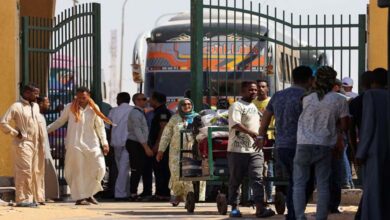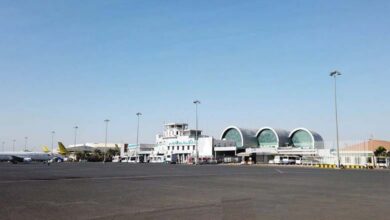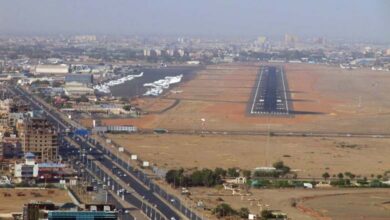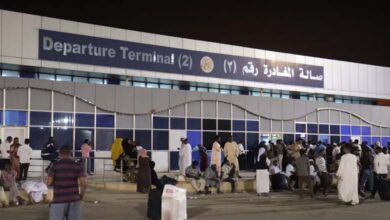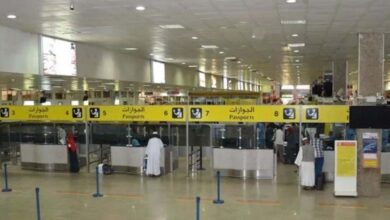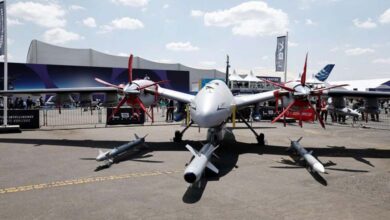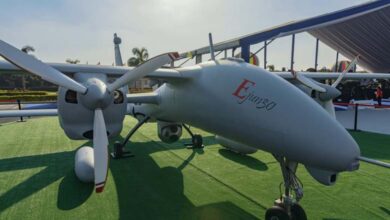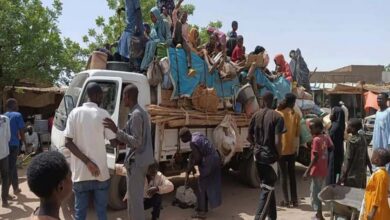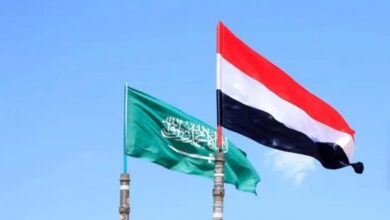Secret Houthi visits to Hodeida Port in defiance of international demands… Houthi militia prevent the passage of medical equipment
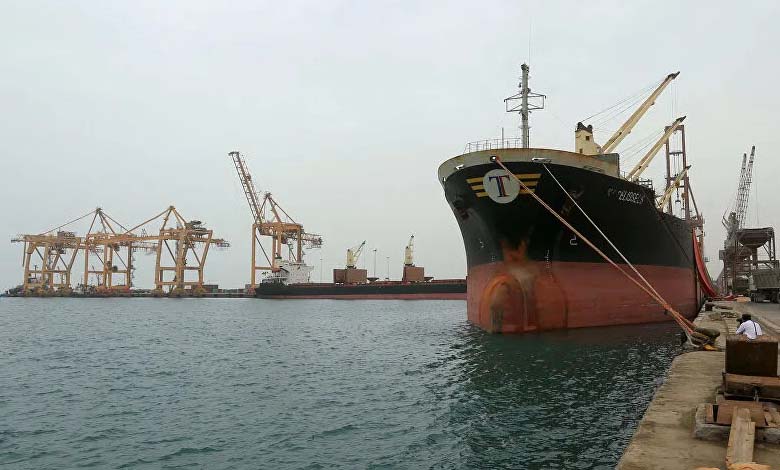
Despite the current massive international clampdown to undermine the Houthi terrorist militia’s control of the port of Hodeida, the Houthis continue to obstruct humanitarian support at the port to Yemenis and exploit it for terrorist purposes in a crude, provocative manner.
Following the UN Security Council’s decision last week, sources revealed that Houthi leaders are secretly moving the port to inspect conditions and prevent any international attempts to uncover the crimes they are witnessing.
The sources added that the leader Mohammed Ali Al-Houthi, a member of the Supreme Political Council, visited the port a few hours ago, privately, to learn about the militia’s procedures in it, in order to secure conditions in preparation for any UN visit or mission from the UN Security Council, in order to ensure the continued Houthi control over it.
Meanwhile, militias are obstructing attempts to provide humanitarian support to Yemenis through the port. Dr. Anis al-Asbahi, spokesman for the Yemeni Ministry of Health, called on international organizations to play their humanitarian role and put pressure on countries of aggression to neutralize the humanitarian issue and the introduction of oil derivatives.
He also called for opening Sanaa airport and the port of Hodeidah to allow the entry of medicines and medical equipment and the removal of cases that require travel for treatment.
The Hodeida port road, the only gate through which UN humanitarian agencies transport humanitarian aid, is still under Houthi control, while other ports in the liberated areas of Mukalla-Aden-Mocha have not been used, raising numerous questions about this and the continuation of that situation, raising suspicions of collusion with Houthi.
The Houthi militias use the port of Hodeidah for various military purposes, foremost among them receiving weapons, technical equipment, and foreign experts smuggled by their allies, foremost among them Iran, in addition to being used as a launching base for naval terrorist attacks against international navigation, according to many uncovered evidence, which is considered a threat to international navigation and to international peace and security, which requires a decisive international position.
Militias have turned it from its use to relieve millions of Yemenis from the world’s worst humanitarian disaster, in compliance with the Stockholm Agreement, into a way to transfer terrorism, especially after redeploying its forces in Hodeida, to turn the port into a center for receiving weapons, booby-trapping and launching boats, acts of piracy and the continuous threat to international navigation.
In an international attempt to counter this exploitation of the Houthis, the UN Security Council decided last Monday, under pressure from the UAE and with support from Russia, to extend the embargo on the delivery of weapons to Yemen to all Houthi rebels, after it was limited to specific individuals and companies. This means that the “entity” specified in its annexes, will be “subject to procedures” related to the arms embargo imposed on Yemen since 2015.
This focus on the Houthis is a precedent that could potentially cause the UN to lose its neutrality in the conflict, according to experts who also consider that all consequences of the resolution have yet to be explored.
For this reason, Major General Michael Burry, head of the UN Mission in Support of the Hodeida Agreement (UNMHA), ended his first week-long visit to the region to discuss intensified monitoring efforts to ensure that Hodeida’s ports in western Yemen are free of weapons and unimpeded humanitarian access.


